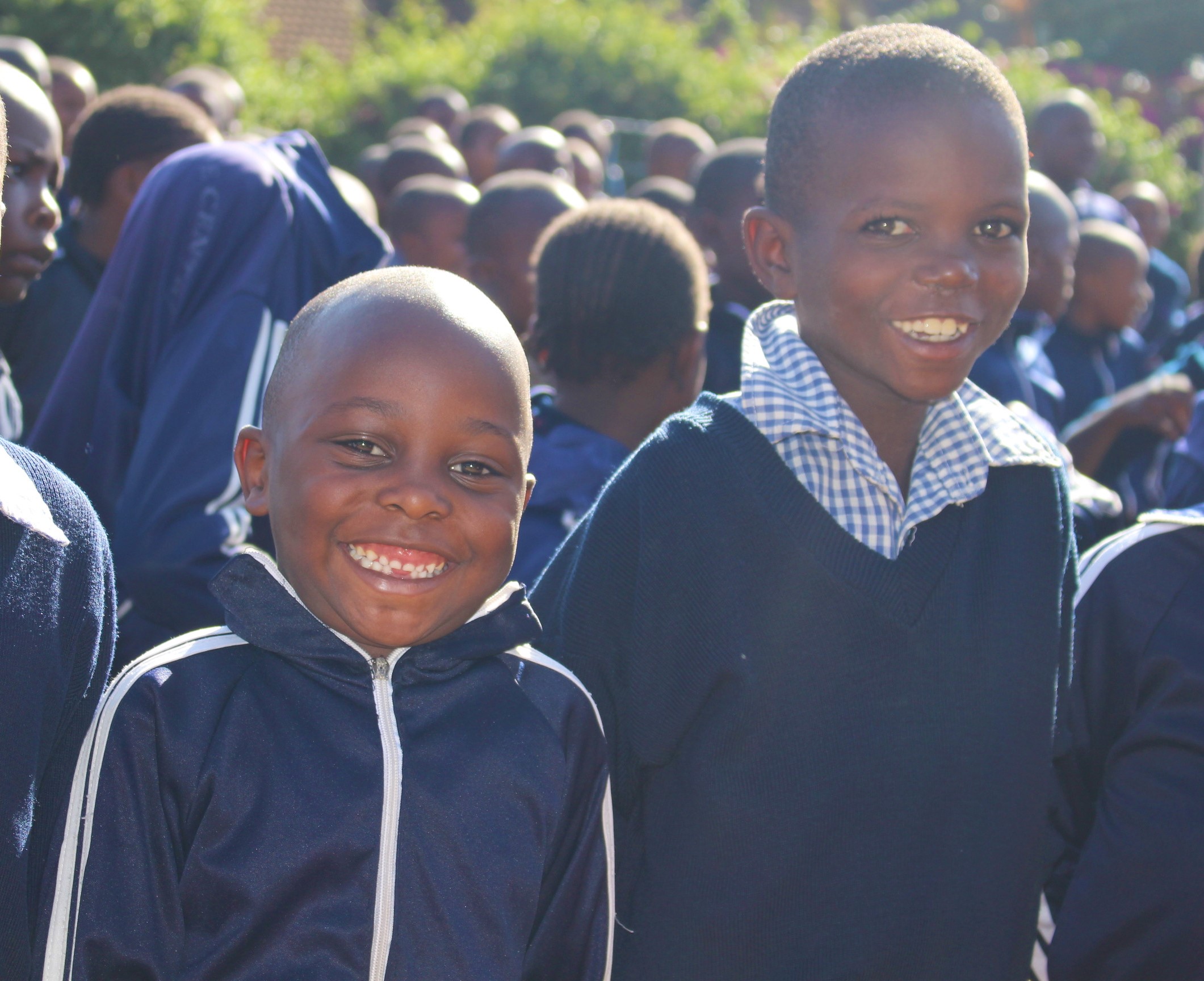[et_pb_section admin_label=”section”][et_pb_row admin_label=”row”][et_pb_column type=”4_4″][et_pb_text admin_label=”Text” background_layout=”light” text_orientation=”left” use_border_color=”off” border_color=”#ffffff” border_style=”solid”]
Child Protection Policies
[/et_pb_text][et_pb_image admin_label=”Image” src=”https://dignitasproject.org/assets/uploads/2018/02/Facilitator-SHOT-2.jpg” show_in_lightbox=”off” url_new_window=”off” use_overlay=”off” animation=”left” sticky=”off” align=”left” force_fullwidth=”off” always_center_on_mobile=”on” use_border_color=”off” border_color=”#ffffff” border_style=”solid”] [/et_pb_image][et_pb_text admin_label=”Text” background_layout=”light” text_orientation=”left” use_border_color=”off” border_color=”#ffffff” border_style=”solid”]
January 26th marked the first Professional Development (PD) workshop for our Stawisha School leaders this year. PD workshops provide a platform for teachers to sharpen their already acquired skills in running effective classrooms for student success. The morning session for this PD workshop focused on School Administrative Policies such as Child Protection Policies and School Discipline Policies. These sessions are critical to our work since we believe that schools should be a vibrant place where all children develop the skills and strength of character to thrive and succeed.
As we know, schools are supposed to be safe havens for children to learn, play and thrive in their education. But this is not a reality in Kenya and many other countries around the world. All teachers and school leaders have a major role to play when it comes to child protection as they interact with children every day. This training was timely since we found that many of our school partners did not have a child protection policy before they started working with Dignitas. Whereas schools will usually have general ideas on protecting children, it is extremely important to have a written document that teachers can formally commit to and use as a standard guide.
The Child Protection Policy (CPP) session had school leaders explore different elements that make up the policy; Management structure, Personnel Recruitment, Behavior Protocols, Reporting, Reading and responding procedures. With support from our trainers, school leaders worked on revising their draft policies, which they had previously created in school- (This activity was an assignment for all schools before this training)
[/et_pb_text][et_pb_testimonial admin_label=”Testimonial” author=”Roselynn Awili” job_title=”Program Development Officer ” company_name=”Dignitas” url_new_window=”off” quote_icon=”on” use_background_color=”on” background_color=”#f5f5f5″ background_layout=”light” text_orientation=”left” use_border_color=”off” border_color=”#ffffff” border_style=”solid”]
Children will always remain children; they want to play. It is their way of life. They want to explore and discover – in a safe, child friendly environment. As educators, parents, child minders/caregivers and adults in different capacities, it is our primary duty to safeguard children and keep their dreams alive! This should be at the core of our beings not only as professionals, but as humans. To ensure that all children entrusted to us by society and by God are protected; from violence, exploitation and any form of abuse.
[/et_pb_testimonial][et_pb_text admin_label=”Text” background_layout=”light” text_orientation=”left” use_border_color=”off” border_color=”#ffffff” border_style=”solid”]
The newly created Child Protection Policies will be made available to all parents, teachers, school staff and other stakeholders. The schools will also take time to sensitize children on their rights, elect child protection officers and train all staff on the required guidelines. Through this process, the schools will be working towards creating safe environments where all children feel safe – protected from any form of abuse; physical, emotional, verbal or sexual.
[/et_pb_text][/et_pb_column][/et_pb_row][/et_pb_section][et_pb_section admin_label=”section”][et_pb_row admin_label=”row”][et_pb_column type=”4_4″][et_pb_text admin_label=”Text” background_layout=”light” text_orientation=”left” use_border_color=”off” border_color=”#ffffff” border_style=”solid”]
School Discipline Policies
[/et_pb_text][et_pb_text admin_label=”Text” background_layout=”light” text_orientation=”left” use_border_color=”off” border_color=”#ffffff” border_style=”solid”]
In addition to the Child Protection session, it was equally exciting reviewing drafts of School Discipline Policies. A School Discipline Policy ensures that the school community understands the expected code of conduct. In return, this leads to improved relationships amongst the school community and meaningful teaching/learning experiences that translate to students’ academic success. In Kenya, corporal punishment is illegal, though it is still used in some schools across the country. Through our training, teachers learn alternative methods of discipline that encourage positive behavior and enhance teacher: student relationships.
[/et_pb_text][et_pb_image admin_label=”Image” src=”https://dignitasproject.org/assets/uploads/2018/02/New-Phototastic-Collage.jpg” show_in_lightbox=”off” url_new_window=”off” use_overlay=”off” animation=”left” sticky=”off” align=”left” force_fullwidth=”off” always_center_on_mobile=”on” use_border_color=”off” border_color=”#ffffff” border_style=”solid”] [/et_pb_image][et_pb_text admin_label=”Text” background_layout=”light” text_orientation=”left” use_border_color=”off” border_color=”#ffffff” border_style=”solid”]
School leaders collaboratively worked in school teams to ensure that rules, rewards and consequences for misbehavior were clearly stated. The highlight for this session was a recommendation by school leaders for non-materialistic rewards for learners that encourage expected behavior. For example, praising the learner loudly for the class to hear, acknowledging them during school assemblies, writing a note home to their parents on how well they are behaving at school amongst other forms of learner motivation.
In our partner schools, we have observed that when learners know what behavior is expected of them, they become more organized; class and break times are observed, learning materials are handled as required and procedures are respected effortlessly. Teachers can then focus on facilitating more quality learning experiences for the learners without having to restate again and again the expected code of conduct. Both the teacher and learner feel supported and set up for excellence!
The core of Dignitas’ vision is to see a world where all children have the right to learn with dignity, to thrive and to reach their potential. For this to happen, each child must be protected from all types of abuse. As we continue to drive the conversation around child protection and discipline policies, we acknowledge the importance of sharing best practices and sensitizing stakeholders. But we also understand that change will only take place when all players make an intentional commitment to protect the children. Through these efforts, we will ensure that a lot of what is written on paper becomes a reality and all children receive the care that they deserve. Child protection is a shared responsibility that involves teachers, family, government and the community at large.
We can’t wait for the next Stawisha PD Workshop in February, where we learn together and explore more on Setting Effective Systems for Learning. We’re passionate about empowering teachers since we know from experience that; Investing in teachers is investing in children!
[/et_pb_text][et_pb_image admin_label=”Image” src=”https://dignitasproject.org/assets/uploads/2018/02/IMG_8106.jpg” show_in_lightbox=”off” url_new_window=”off” use_overlay=”off” animation=”left” sticky=”off” align=”left” force_fullwidth=”off” always_center_on_mobile=”on” use_border_color=”off” border_color=”#ffffff” border_style=”solid”] [/et_pb_image][et_pb_text admin_label=”Text” background_layout=”light” text_orientation=”left” use_border_color=”off” border_color=”#ffffff” border_style=”solid”]
Contributors: Roselynn Awili; Program Development Officer & Gloria Omuya; Senior Communication & Operations Officer
[/et_pb_text][/et_pb_column][/et_pb_row][/et_pb_section]

